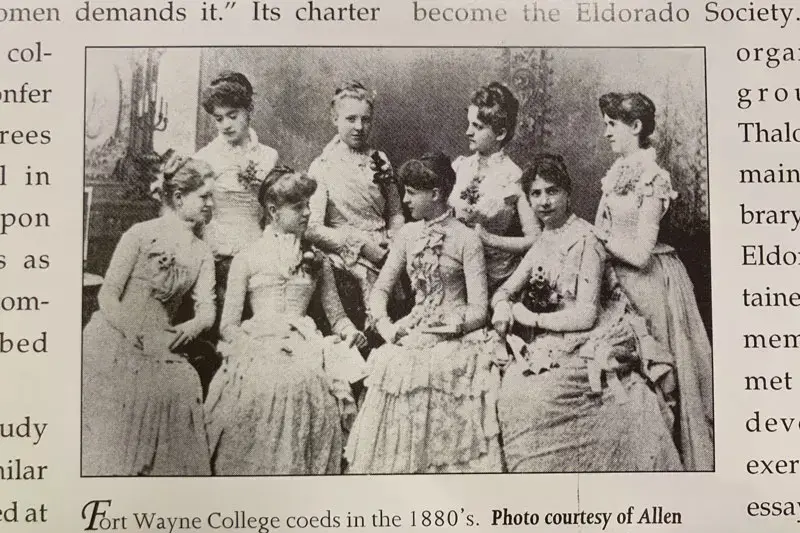
46
Fort Wayne Female College is founded as an all-women’s college by the North Indiana Conference of the Methodist Episcopal Church in response to the 2nd Great Awakening and a new-found interest in higher education for women.
50
Fort Wayne Female College opens a branch for male students called "Collegiate Institute for Men." In 1855, the school officially changes its name to Fort Wayne College when the two branches are merged.
60s
The boyhood home of Abraham Lincoln, Indiana fights for the Union in the Civil War. Over 200,000 Hoosiers serve as soldiers, sailors, and marines in the conflict. Indiana provides supplies and manpower to the Union army which are critical to the North’s success.
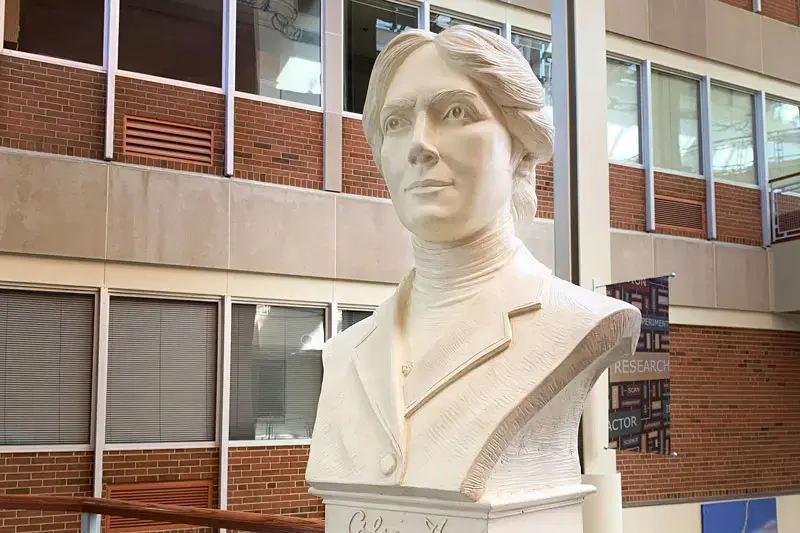
90
Alice Hamilton, one of the founding forces behind the Occupational Safety and Health Administration (OSHA) and first female faculty member at Harvard University, attends Fort Wayne College of Medicine. Then part of Taylor University, Fort Wayne College of Medicine was one of the best medical schools in Indiana. It later was merged into the Indiana School of Medicine.
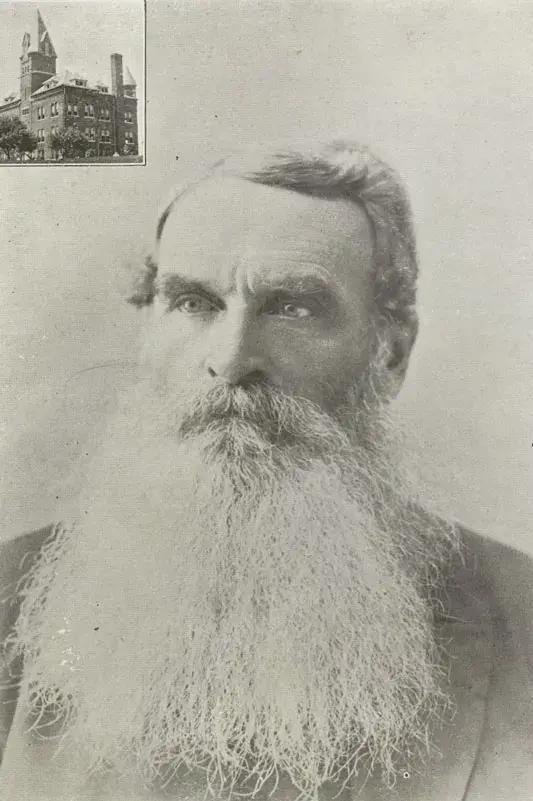
90
Fort Wayne College merges with Fort Wayne Medical College and changes its name to Taylor University in honor of Bishop William Taylor, a Methodist evangelist and missionary.
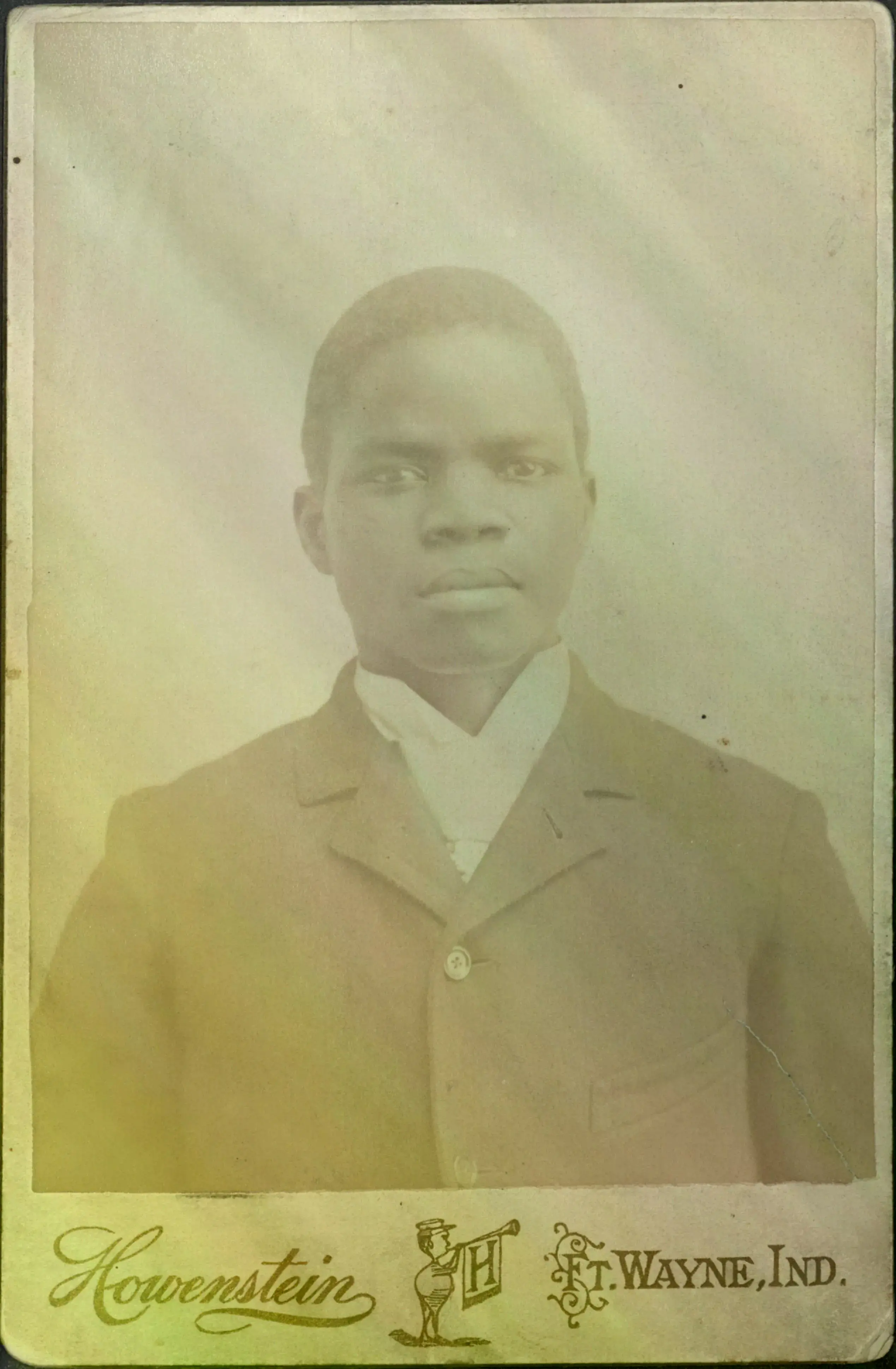
91
Liberian student Samuel Morris arrives at Taylor. He speaks at local churches and leads Taylor in a campus-wide spiritual revival, the effects of which continue to this day.
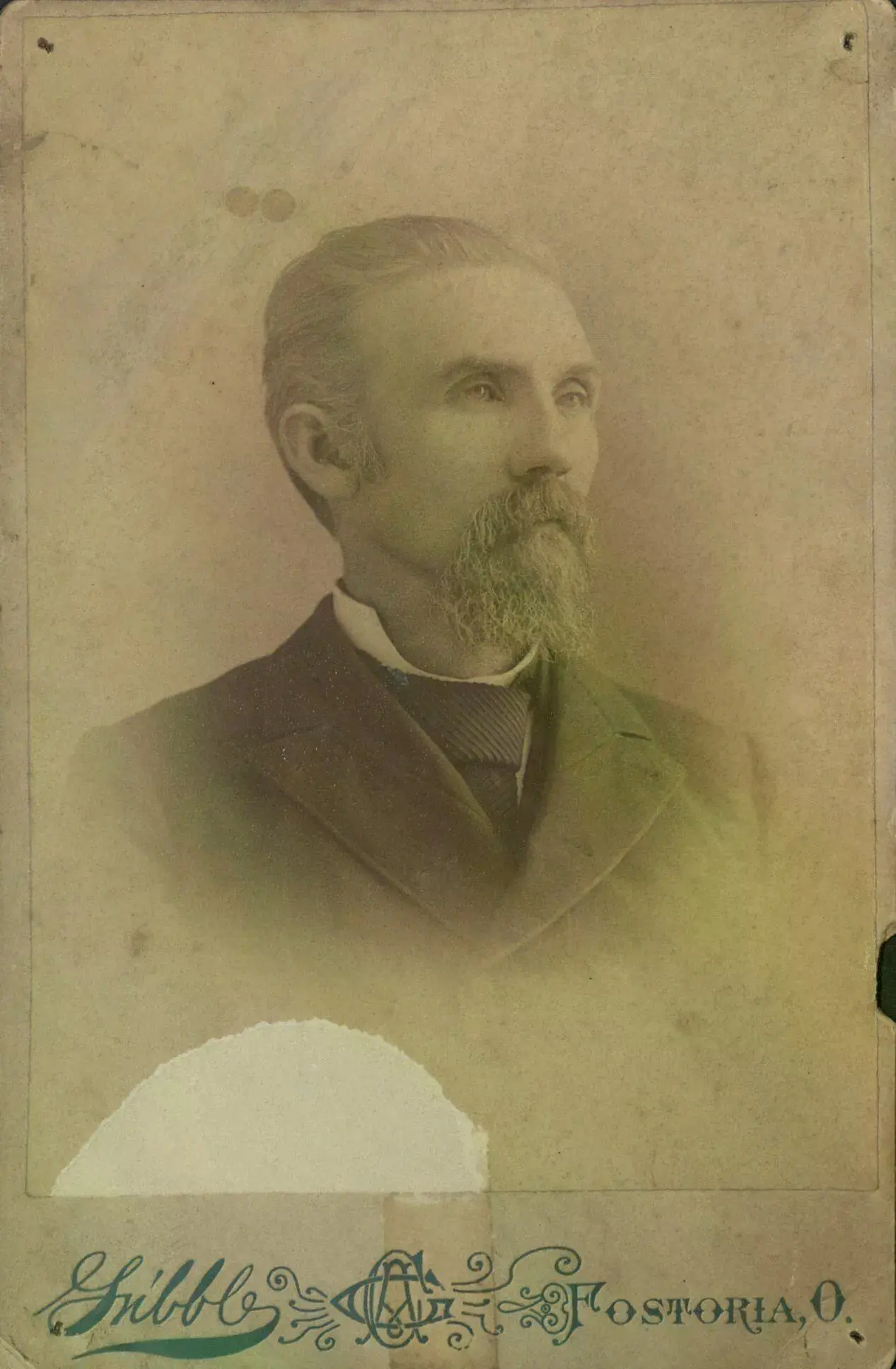
93
Taylor moves to Upland, Indiana, drawn by the natural gas boom of east-central Indiana. Thaddeus C. Reade, who served as president from 1891-1902, guided Taylor through this major transition and cultivated the Christ-centered culture that still thrives today.
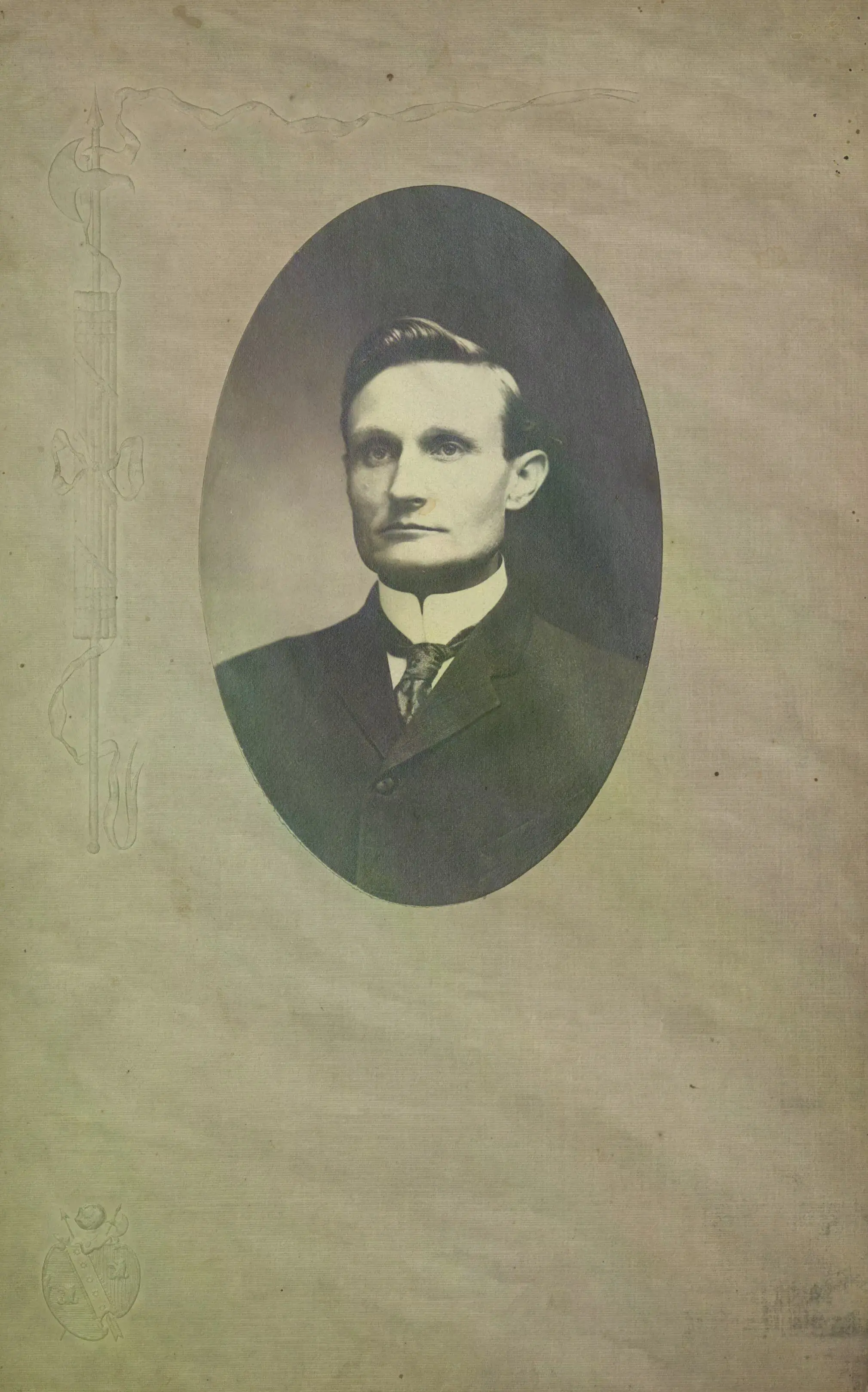
97
Burt W. Ayres begins his many years of service at Taylor. He serves as dean, professor, and acting president multiple times.
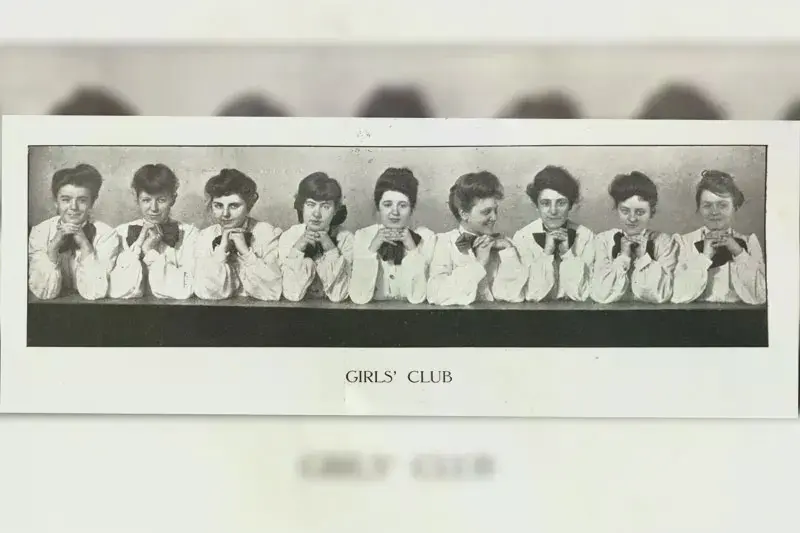
00s
Taylor focuses on educating local working-class students, emphasizing religious education and academic training.
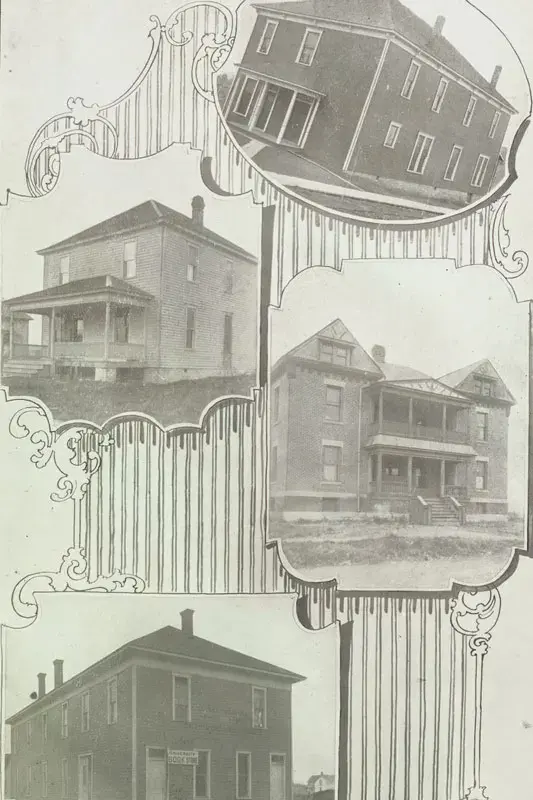
03
The oldest currently surviving building on Taylor’s campus, Sickler Hall, is built as housing for students who were children of missionaries.
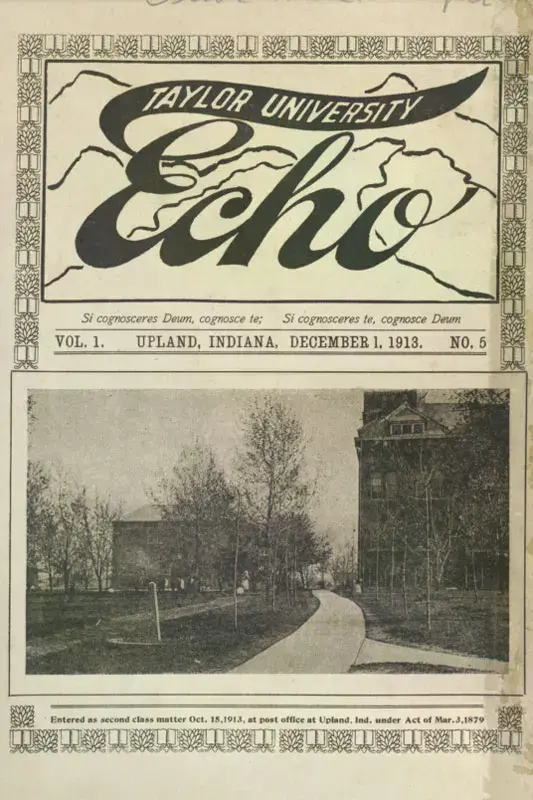
13
The Echo, Taylor’s student-run newspaper, is founded.
14
WWI begins.
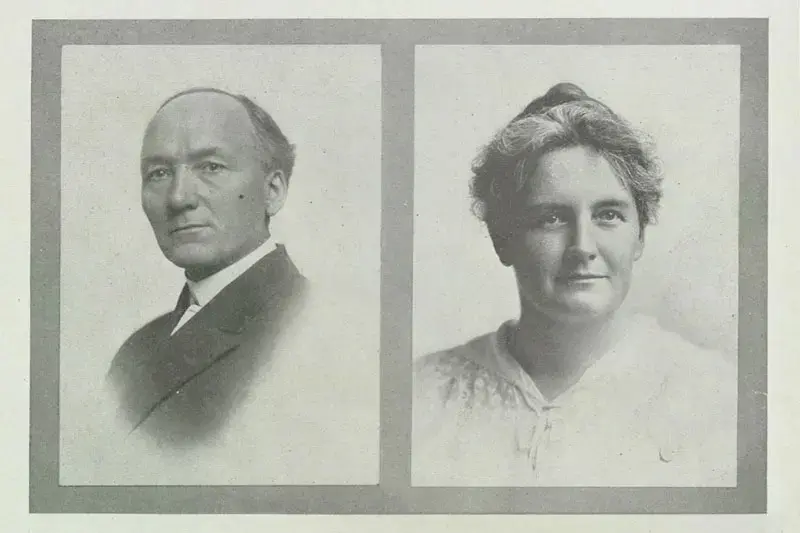
15
Culla Vayhinger, wife of President Monroe Vayhinger, serves as the president of the Indiana branch of the Women’s Christian Temperance Union, and Taylor becomes the state headquarters for the movement to advocate against the consumption and distribution of alcohol.
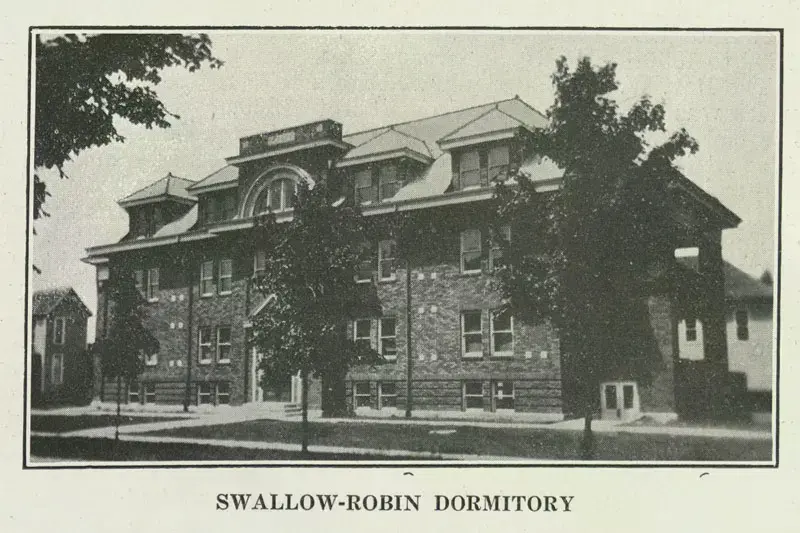
17
Swallow Robin Hall, the oldest residence hall on campus, is designed by Samuel Plato, a notable African-American architect of the early 20th century.
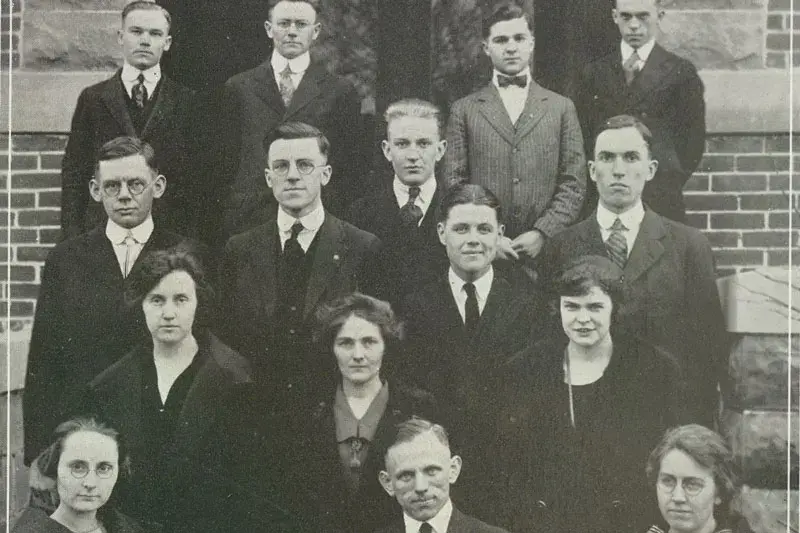
20
The Student Council is started, creating one of the first opportunities for students to give lasting input into major decisions for their university.
28
A mastodon skeleton is discovered three miles from campus. Taylor students and professors work to unearth it, filmed by 20th Century Fox, Paramount, and Pathe News Service. It was displayed on campus, and was destroyed in the fire in H. Maria Wright Hall in 1960.
29
The stock market crashes, leading to the Great Depression. Taylor carries on despite the challenges of the 1930s. A creative marketing campaign boasts the hardiness of a rural life, an affordable education, and creative ways to invest such as gold and annuity bonds.
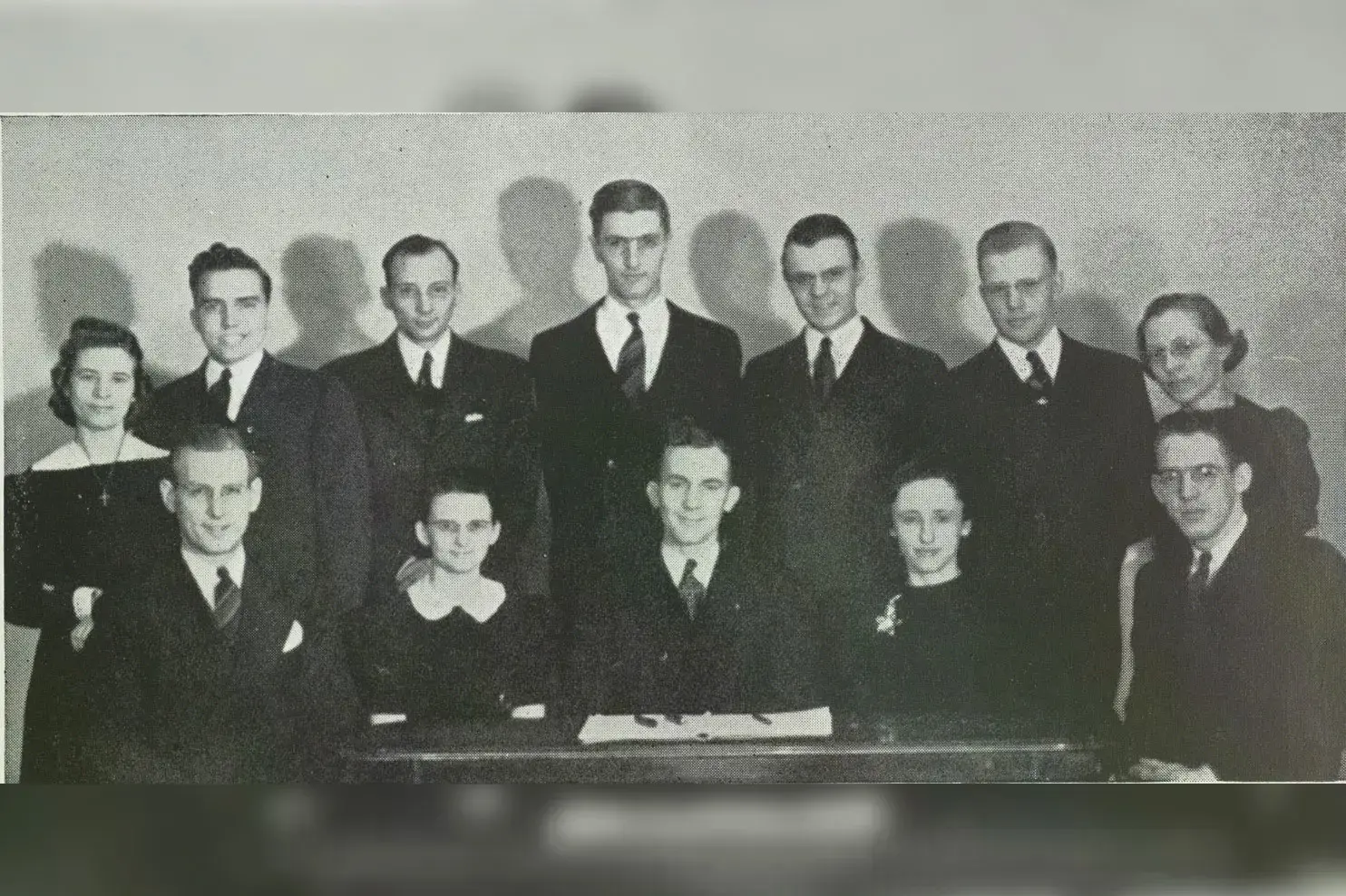
30s
The first Youth Conference invites high school students for a revival-style weekend. This student-led annual event continued until the 2010’s.
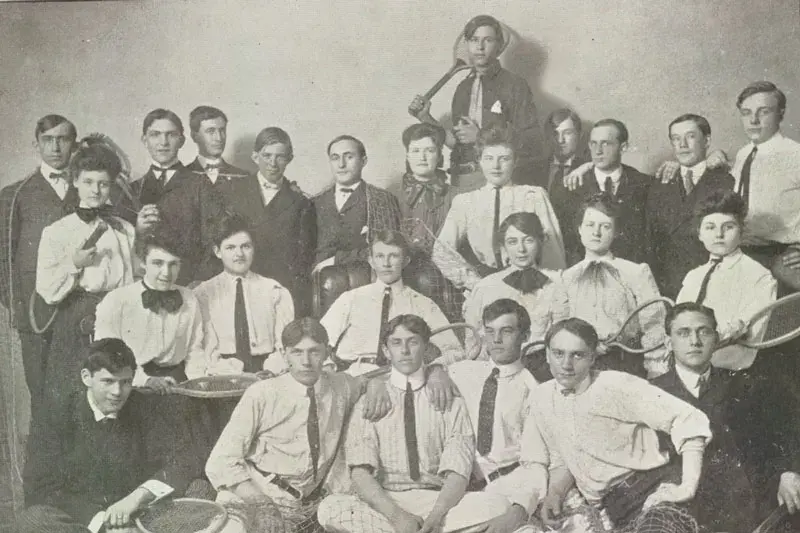
32
Intercollegiate basketball, baseball, and track starts. Less formal intramural and women’s teams had already been unofficially competing locally as early as 1898.
40s
The religious backgrounds of students is changing, with Taylor becoming less connected with the mainstream Methodist denomination and Wesleyan-Arminian theological system. An increasing number of students come from independent, Baptist, and small-denomination churches.
45
WWII draws to a close.
47
Taylor achieves regional accreditation by the North Central Association of Colleges and Secondary Schools. With increasing financial stability in the post-war era, Taylor is able to employ higher-educated, qualified faculty.
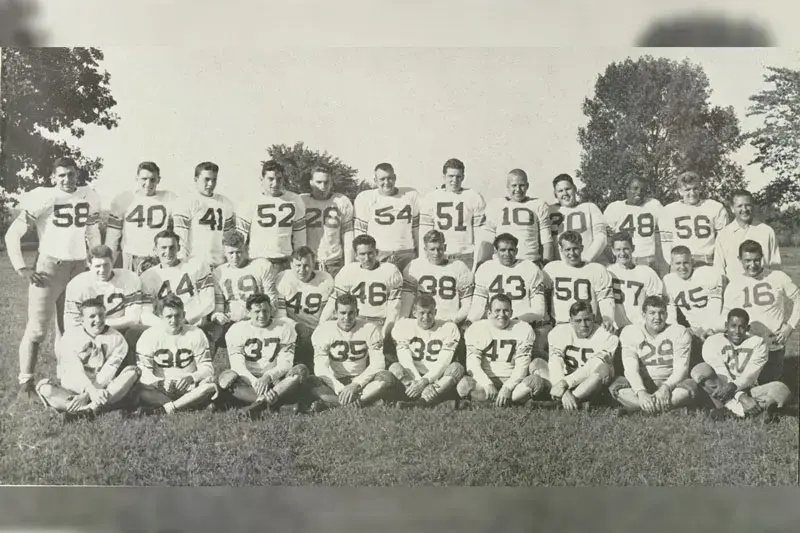
48
Taylor is admitted into the Hoosier College Conference for athletics, and a football team is formed. The football team places first in the conference its second year, despite a previous no-win season, inexperienced players, and borrowed equipment.
50s
The Cold War is in full swing.
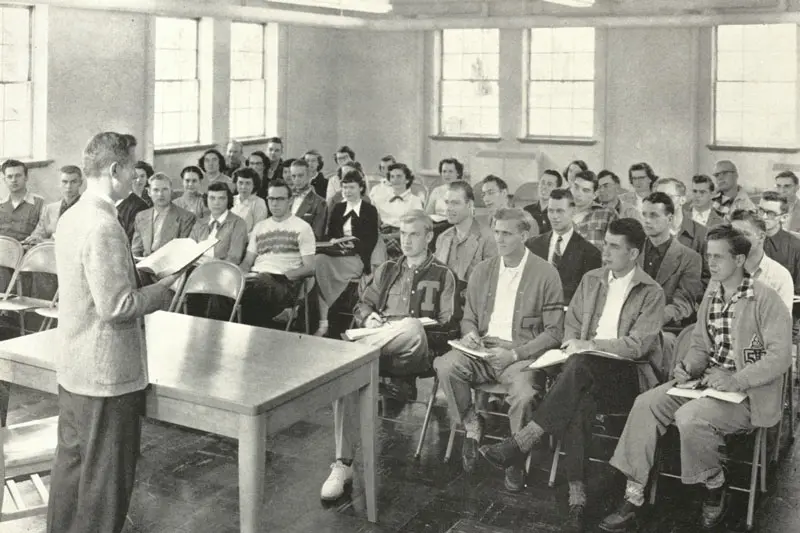
50s
Taylor undergoes rapid physical growth, admitting its largest class up to that point. Academic programs become more rigorous and diverse.
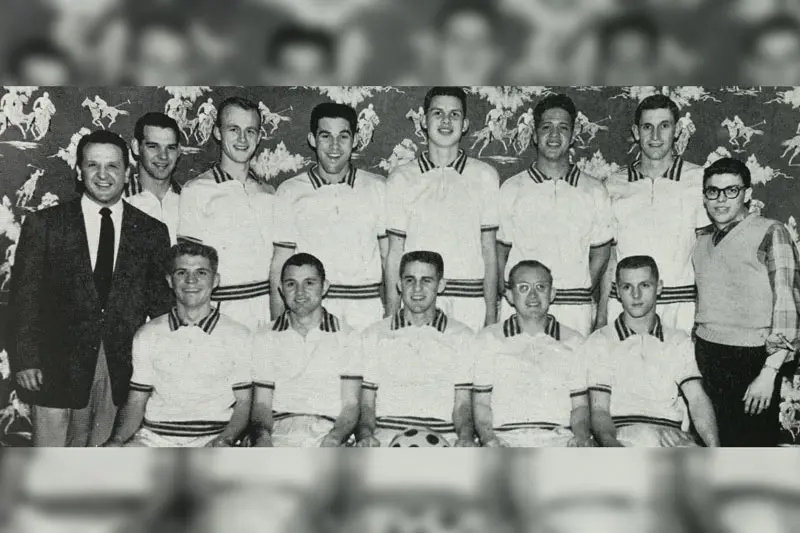
52
The Venture for Victory Basketball program is founded. Don Odle leads a team to Taiwan to play, and after attracting the crowds, preaches at halftime and post-game.
60s
Taylor World Outreach is founded, encouraging students to extend what they learn in the classroom to the rest of the world. TWO supports students going on interterm and spring break service trips, as well as connecting volunteer students with local ministries.
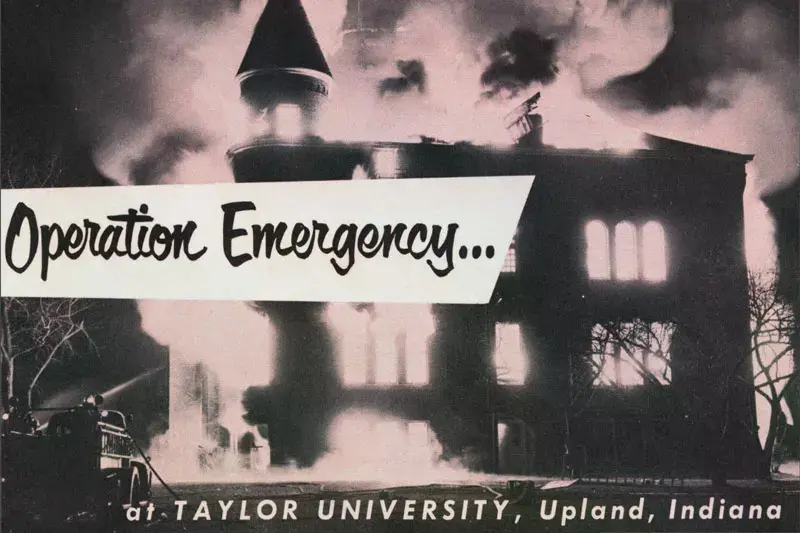
60
A terrible fire in H. Maria Wright Hall destroys the “nerve center” of the university and leaders consider relocating away from Upland.
63
Martin Luther King, Jr gives “I Have a Dream” speech during the March on Washington.
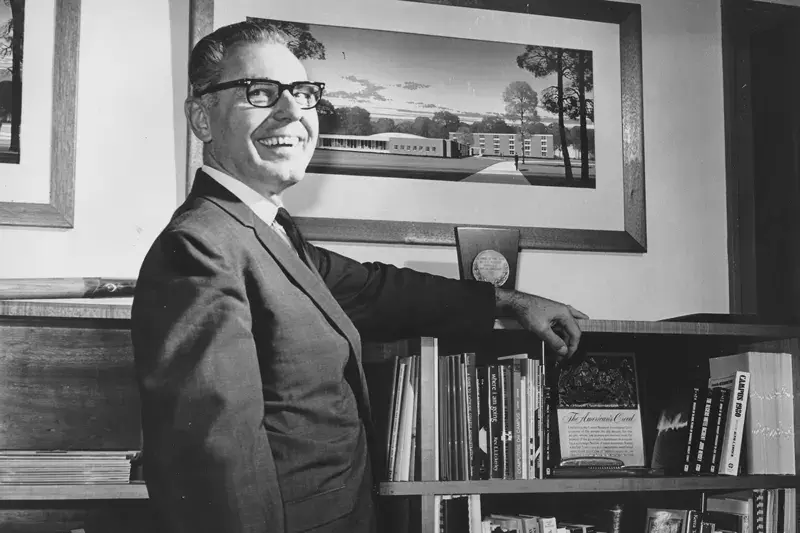
65
Milo Rediger begins serving as president. As scholar, teacher, mentor, and administrator, Milo Rediger advances the growth and welfare of Taylor through more than four decades of service.
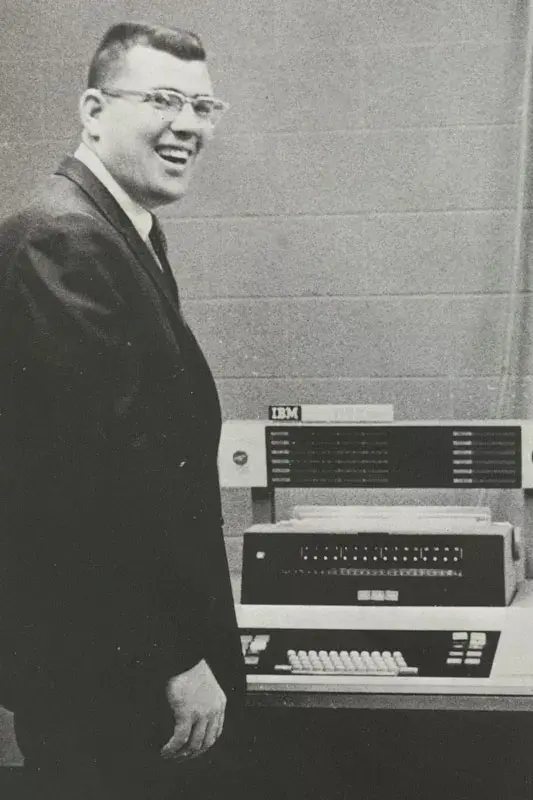
67
The first computer and computer science professors come to Taylor. Computer Science became a degree program in the early 1970s, and as early as 1983, computer learning experience was required for all students.
69
January Interterm is instituted, now offered tuition-free.
69
The nationwide Vietnam Moratorium begins. Taylor students take active roles in monthly protests against the Vietnam war.
69
Neil Armstrong walks on the moon.
70s
Taylor’s first student-run radio begins. In 1995, it became WTUR, an FM station.
78
A national energy crisis leads to cutbacks and drastic energy-saving measures on campus.
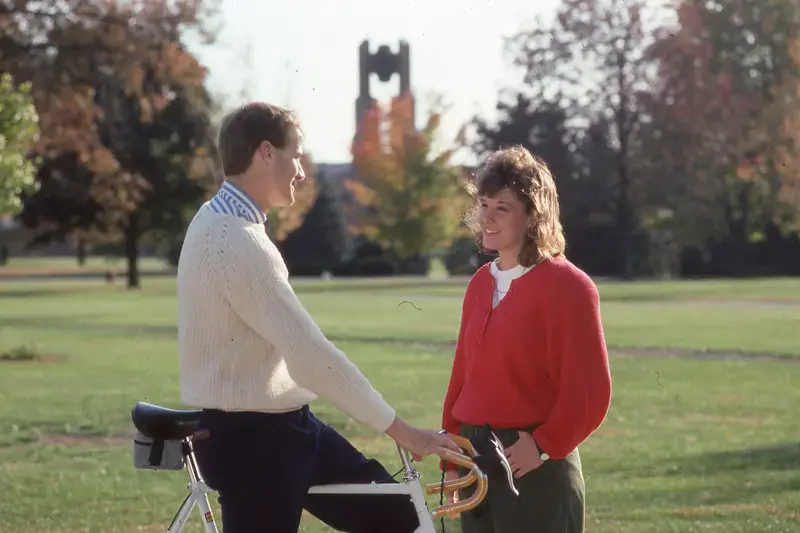
80s
The Life Together Covenant is written, which continues to guide how the Taylor community lives, works, and studies.
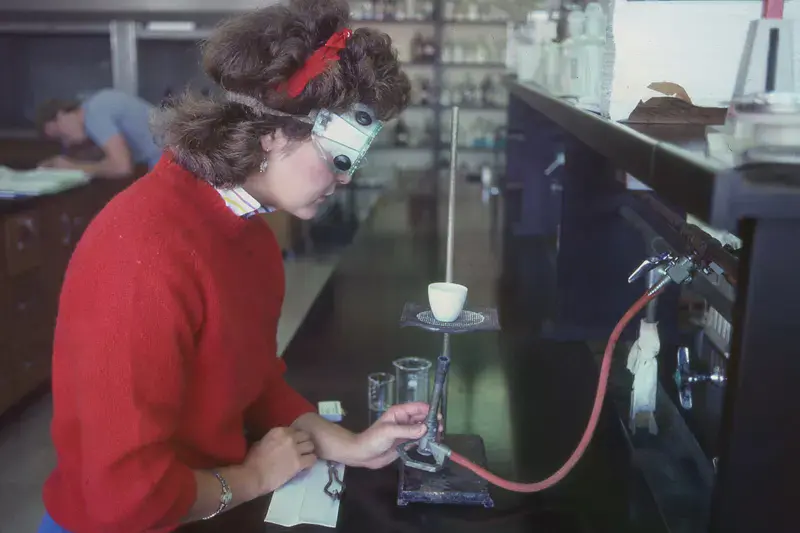
83
The foundational core curriculum is reworked to reflect the integration of faith and learning, computer literacy, whole-person education values and disciplines, global awareness, biblical requirements, and strong liberal arts foundation.
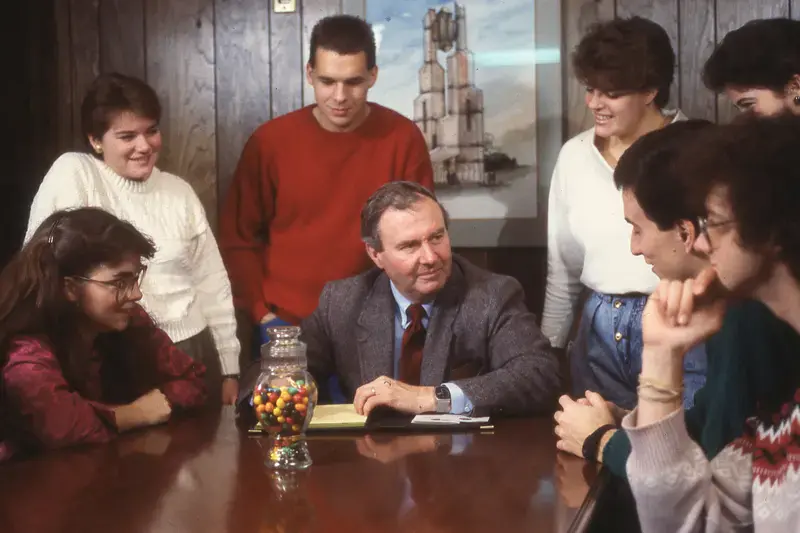
86
MuKappa is founded as a support group by and for missionary kids and third-culture kids. In 1987, it spread to other campuses. Today, MuKappa chapters are located in colleges across the country.
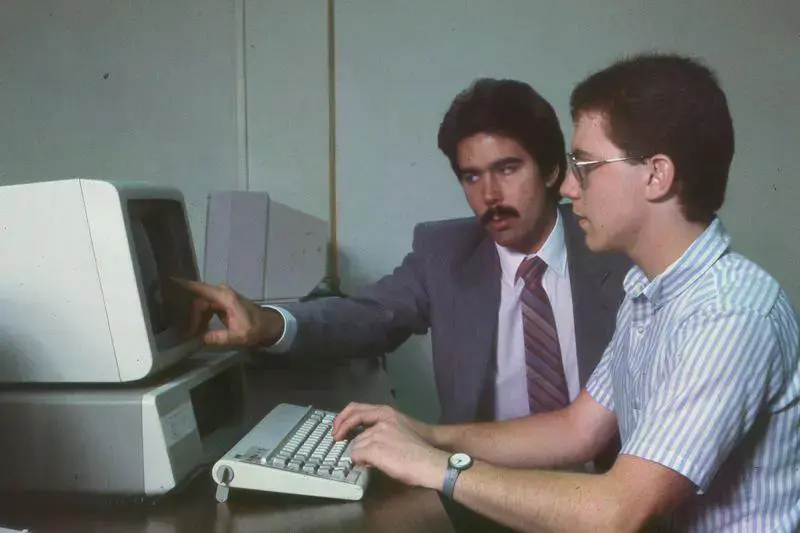
89
Summer research programs are officially instituted for students to research and work under the mentorship and direction of professors.
89
The Berlin Wall falls, followed by the collapse of the Soviet Union.
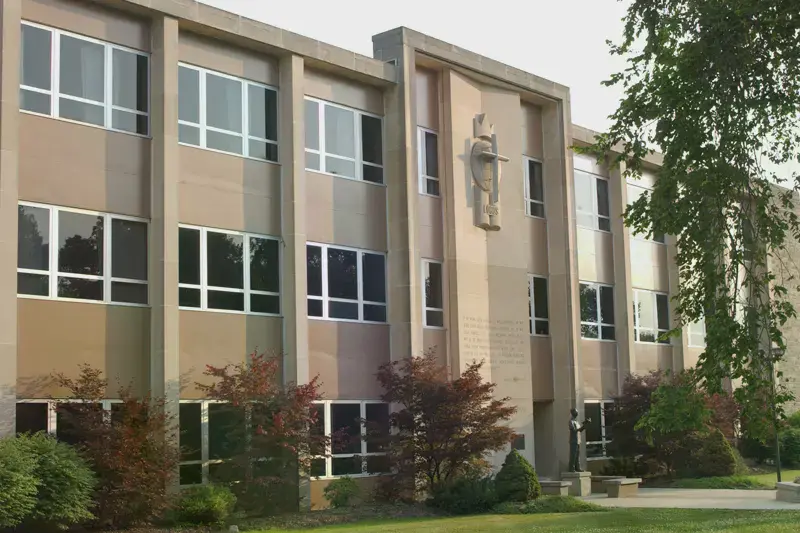
92
Taylor representation returns to Fort Wayne by merging with Summit Christian College, with the goal of the new urban campus to serve nontraditional and adult learners, as well as traditional undergraduates.
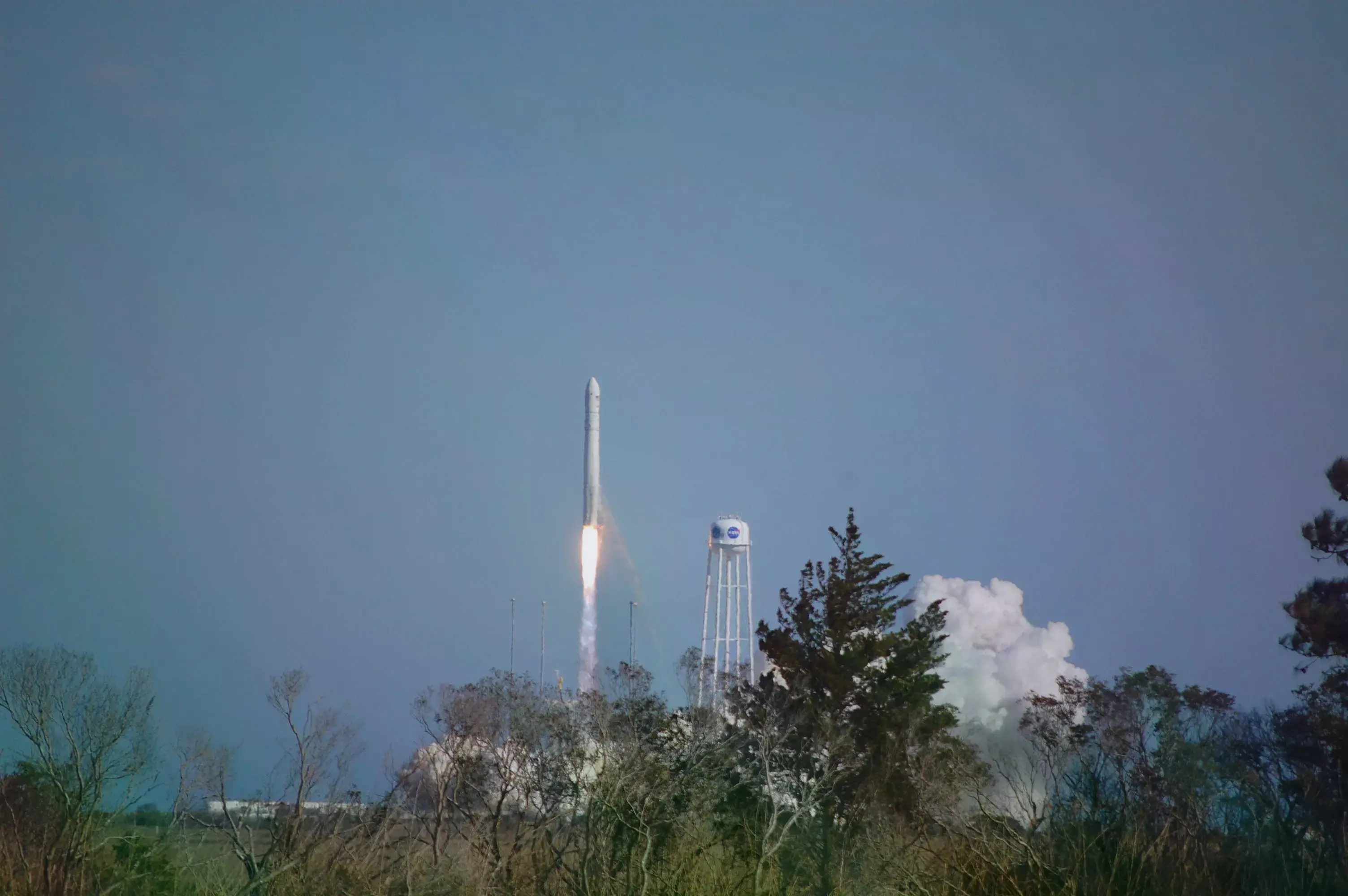
94
Taylor students begin working on the first of many satellites launched into space by NASA.
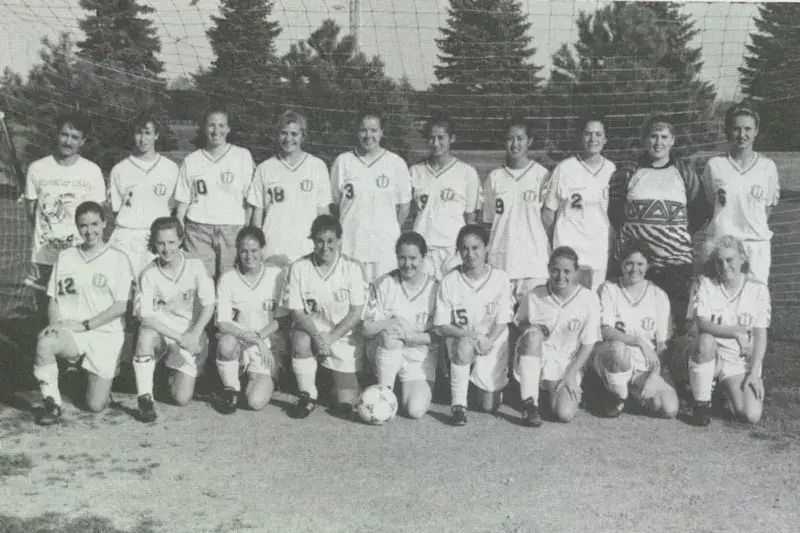
95
Taylor joins the National Association of Intercollegiate Athletics (NAIA).
96
In Taylor’s 150th year, Professor of History Dr. William Ringenberg publishes Taylor University: The First 150 Years, a definitive, engaging story of Taylor’s past.
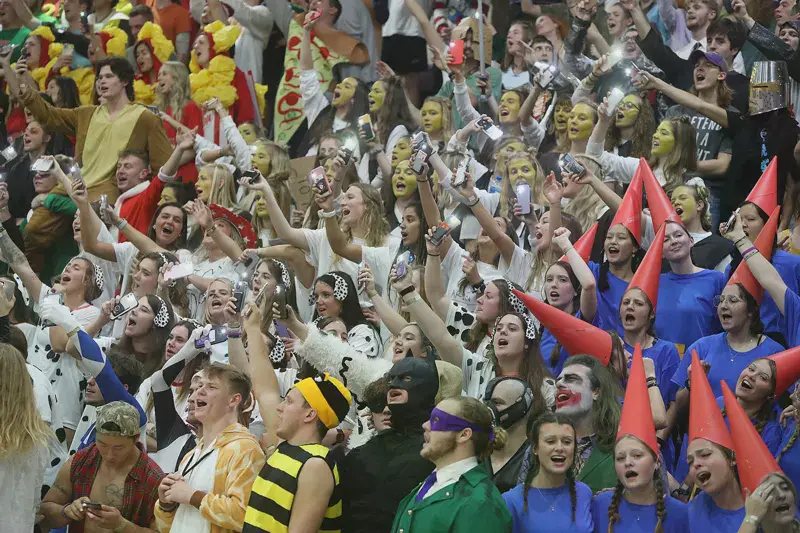
97
The December tradition of Silent Night is established. In 2010, Sports Illustrated named it the best tradition in college basketball, and the 2015 game was featured by ESPN.
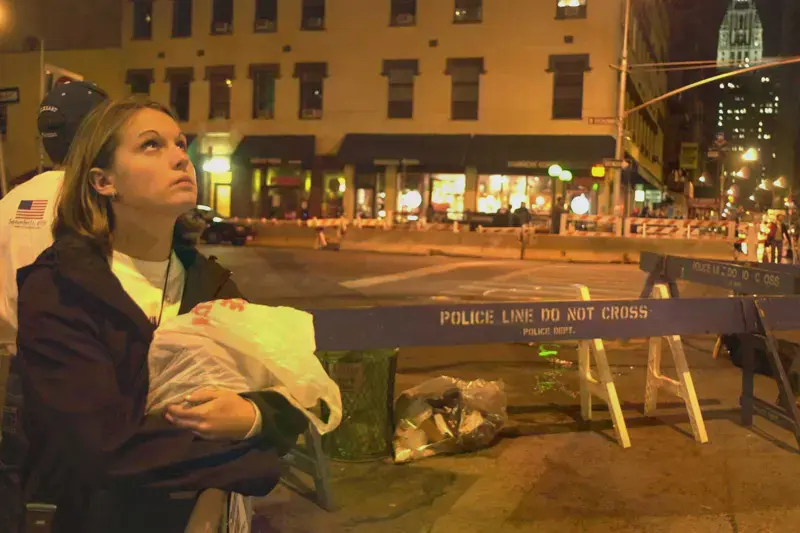
01
Two weeks after the 9/11 attacks, Taylor students traveled to New York City to support first responders.
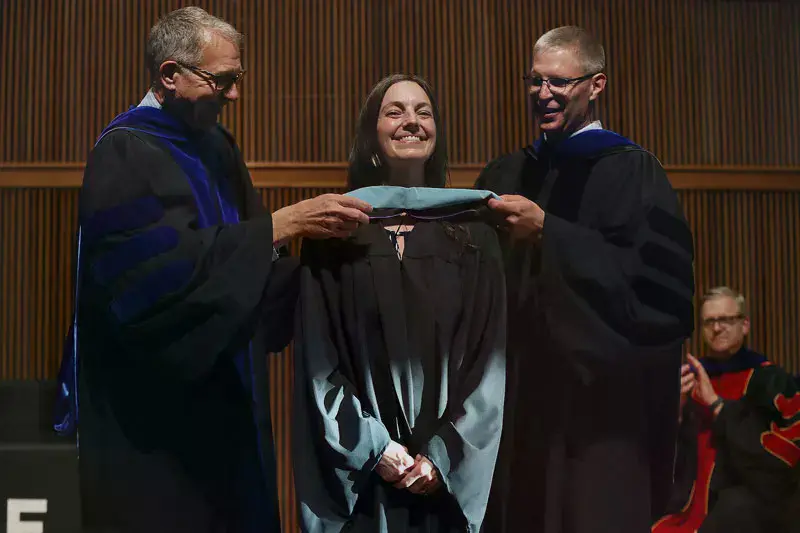
03
Taylor offers graduate-level programs, which today include Master of Arts in Higher Education, Master of Arts in Leadership, PhD in Leadership, and Master of Science in Physician Assistant Studies. Taylor had previously offered graduate programs in the late 1800s and early 1900s.
05
Taylor’s nationally-recognized Film and Media Production major starts. With over 575 awards, it has become one of the fastest-growing programs at Taylor.
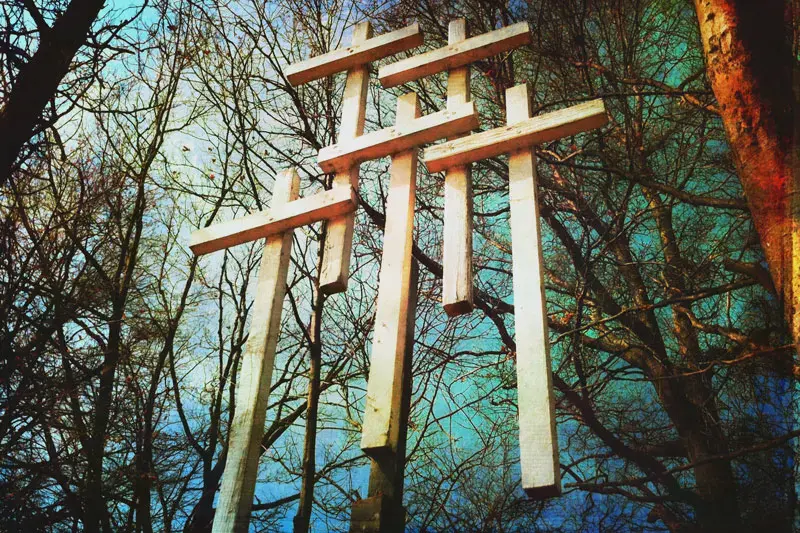
06
A tragic van accident on April 26 claims the lives of five Taylor community members: students Laurel Erb, Brad Larson, Betsy Smith and Laura Van Ryn, and Taylor employee Monica Felver. The Memorial Prayer Chapel is built two years later and dedicated in their memory, as well as honoring the lives of other faculty, staff, and students who passed away while at Taylor.
09
Taylor University Fort Wayne is closed. Radio station WBCL continues to broadcast throughout north-central Indiana.
16
Taylor welcomes the largest-ever incoming freshman class to date.
19
The first cases of Covid-19 in the world are reported.
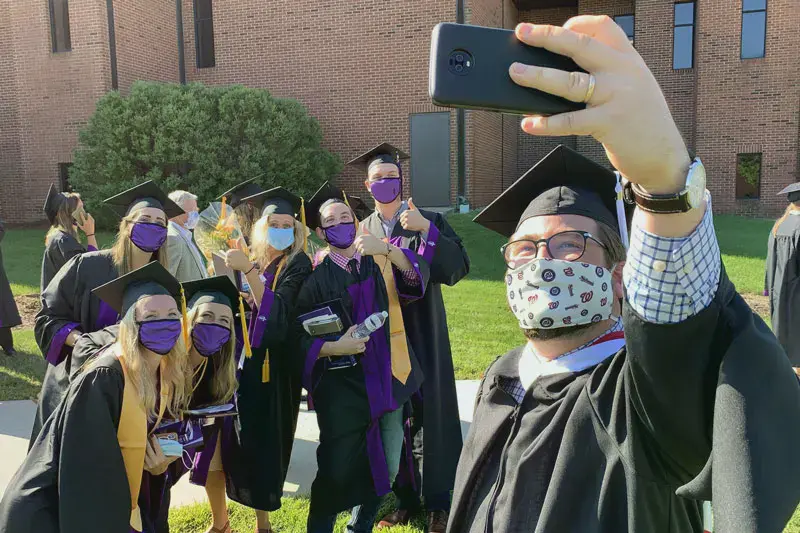
20
Although the Covid-19 pandemic forces the closure of campus in March, classes return to in-person instruction for the fall semester.
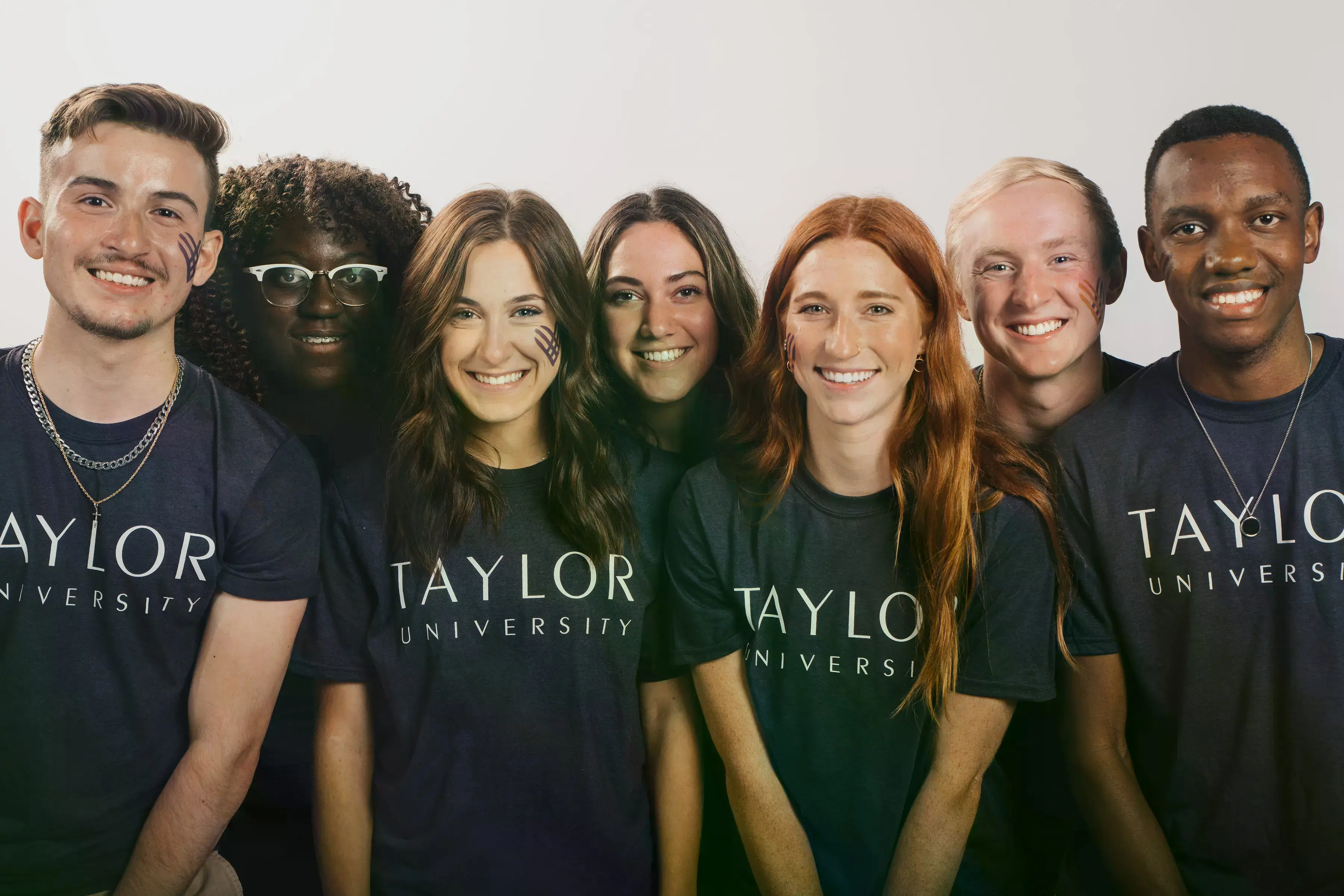
21
On Taylor’s 175th birthday, Taylor hosts 1,786 undergraduate students from 41 states and 25 foreign countries.

25
Taylor launched its 180th year by welcoming the largest group of new students ever, with 665 freshmen and 42 transfers from 34 states and 23 countries. The Master of Physician Studies program launched in the newly-renovated Randall Center with a cohort of 40.
